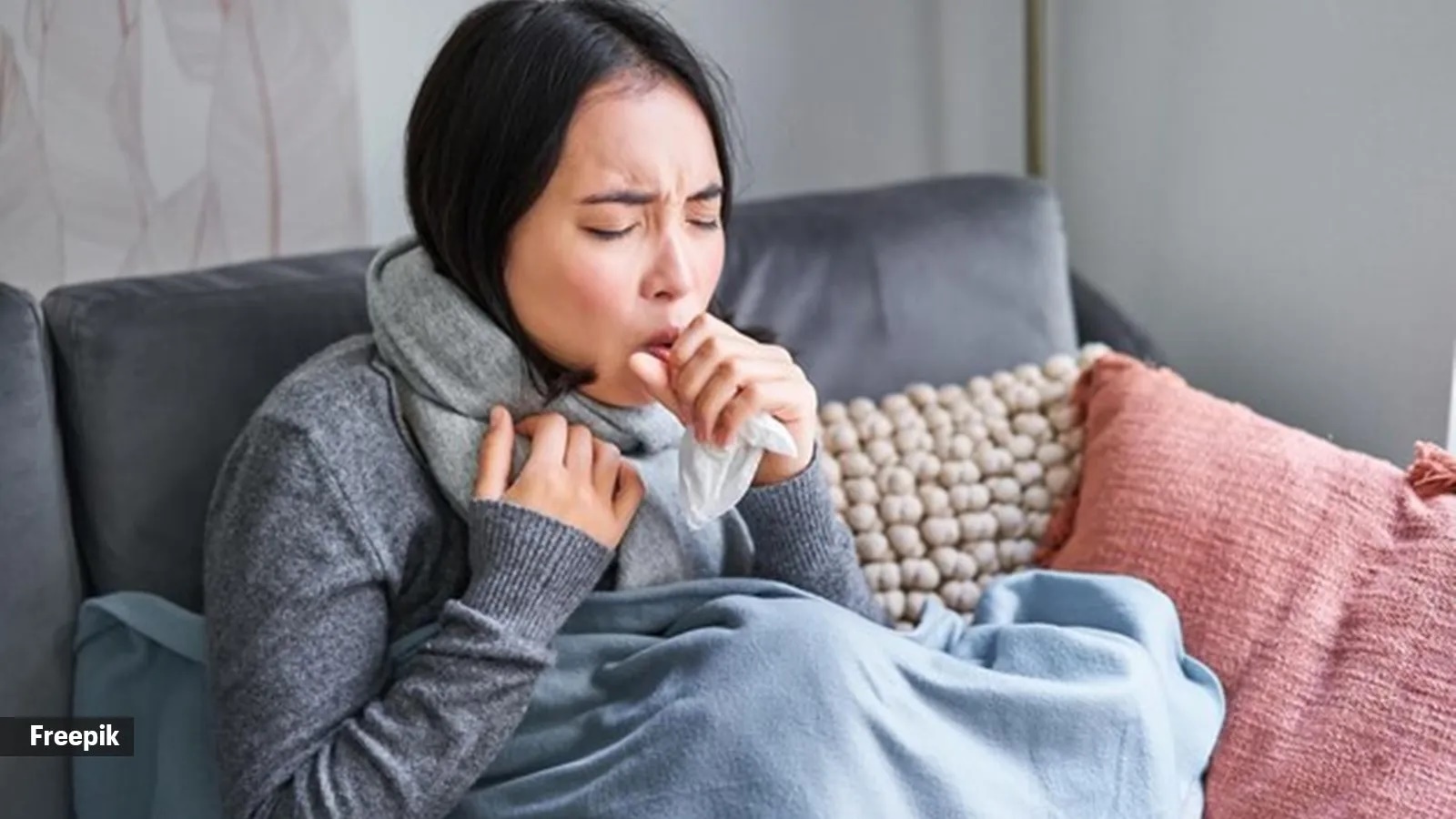📣 For more lifestyle news, click here to join our WhatsApp Channel and also follow us on Instagram
Ways to stay safe as Zika, dengue cases spike in Indian cities including Pune, Bengaluru
At the first sign of symptoms, consult a doctor. Here's why
 Here's how to stay safe (Source: Getty Images/Thinkstock)
Here's how to stay safe (Source: Getty Images/Thinkstock)With monsoons arriving in many parts of the country, cases of mosquito-borne diseases have seen a spike. While Pune has reported three cases of Zika, Bengaluru has more than 1,000 cases of dengue, and some cities in Maharashtra have seen a rise in dengue with close to 2,000 cases. As such, it becomes paramount to understand how these vector diseases spread and take necessary precautions.
Experts highlight that the monsoon rains, which lead to an increase in humidity, have made Indian cities a breeding ground as such a climate is a conducive environment for mosquitoes.
Causes
The virus is harmful and spreads from person to person via mosquito bites. “The cause of the Zika virus is the bite of an infected Aedes species mosquito. Another way is sexual contact with an infected person or from a pregnant woman to her baby during pregnancy or childbirth,” said Dr Sachin Nalavade, senior consultant physician, diabetologist and intensivist, Medicover Hospitals, Navi Mumbai.
Symptoms
While not everyone experiences symptoms after a bite, early detection is critical for effective management, said Dr Swati Rajagopal, consultant, infectious disease and travel medicine, Aster CMI. “High fever, fatigue and weakness, rashes, and nosebleeds are some common symptoms. Diagnosing dengue fever often involves a combination of clinical presentation and laboratory tests. Early detection allows for prompt treatment and prevent complications,” said Dr Rajagopal.
According to the Centers for Disease Control and Prevention, many people infected with Zika will not have symptoms or will only have mild symptoms. “The most common symptoms are fever, rash, headache, joint and muscle pain, and red eyes.”
Tips to manage
One can manage symptoms like fever and pain, and monitor for complications by seeking timely diagnosis and treatment. “There is no specific antiviral treatment for dengue or Zika, but supportive care can significantly improve the outcome,” said Dr Rajagopal.
 Mosquito-borne diseases can present with various symptoms (Source: Freepik)
Mosquito-borne diseases can present with various symptoms (Source: Freepik)
What can be done to prevent these diseases?
Dr Rajagopal said that the “best approach to dengue is prevention”. “A mosquito attack is considered a minor thing and not given much importance. Understand that these mosquitoes can cause deadly infections such as malaria, dengue fever, and Zika virus,” stressed Dr Nalavade.
*Mosquito control: Eliminate mosquito breeding grounds by emptying any containers holding stagnant water around your home.
*Protective clothing: Wear long-sleeved clothing
*Use mosquito repellents containing DEET or Picaridin when outdoors, especially during peak mosquito hours (dawn and dusk), noted Dr Rajagopal.
*Seek medical attention: At the first sign of symptoms, consult a doctor. “Early diagnosis and management are crucial for a speedy recovery and avoiding complications,” said Dr Rajagopal.
*Air conditioning/screens: CDC also notes that staying in places with air conditioning or that use window and door screens can help.
📣 For more lifestyle news, click here to join our WhatsApp Channel and also follow us on Instagram


- 01
- 02
- 03
- 04
- 05
























